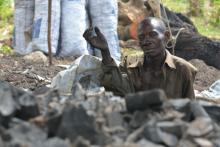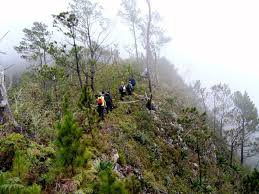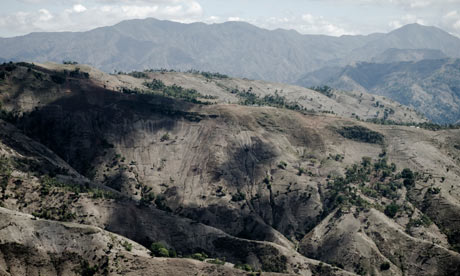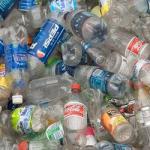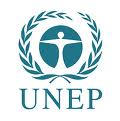The University in Haiti Planning a Green Revolution
Given ongoing political instability, it is easy to lose sight of long-term development issues in Haiti like deforestation. Agriculture, with the food and rural jobs it provides, depends in part on strategically reversing environmental degradation. There are many challenges in doing so - electrifying major cities from which the demand for wood charcoal comes, creating alternative fuel sources that are accessible and less expensive the charcoal, creating more jobs from protecting the environment than from exploiting it, and of course, education. North Haiti Christian University (NHCU) is one instiution with programs to promote agriculture and protect the environment. A short BBC article by Gemma Handy about NHCU is linked and below.

